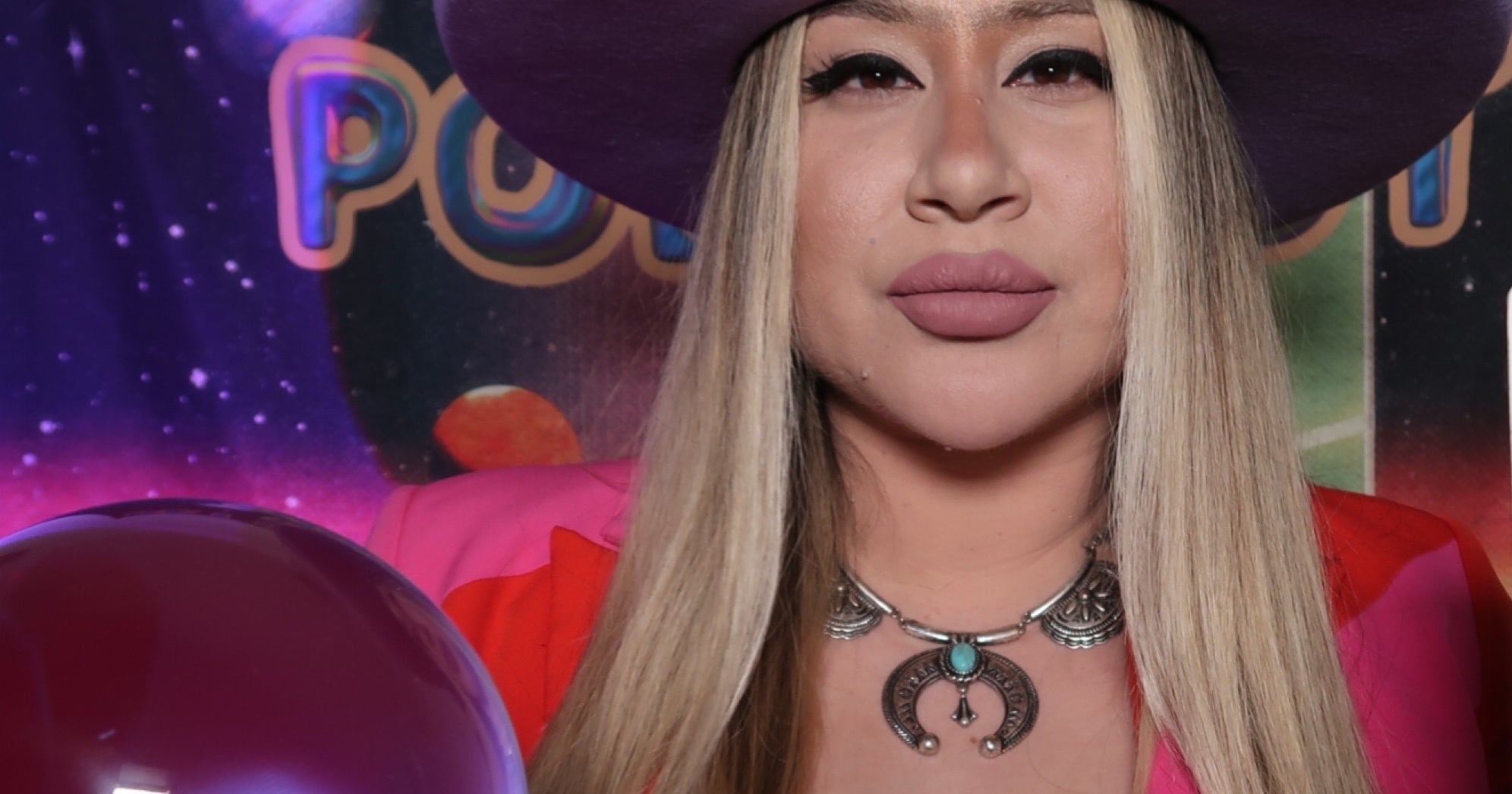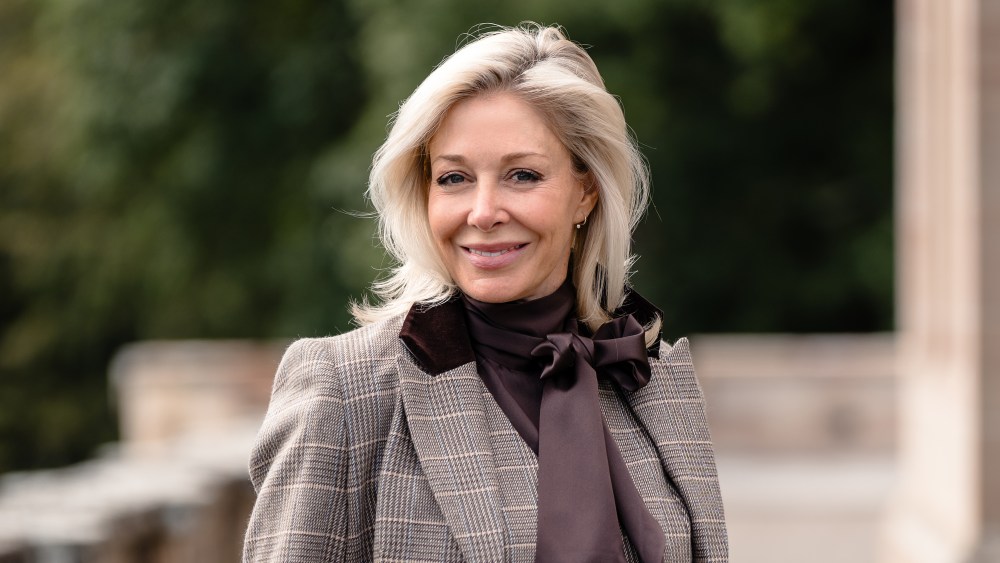It’s an hour until midnight, and my tia enthusiastically wrangles all the adults and children into her living room, where a Christmas tree surrounded by mountainous piles of gifts awaits. All my primos and primas know this is the moment we’ve eagerly behaved well for. After all, it was worth the sacrifice of getting dressed up in our best proper outfits just to sit en la sala and be rewarded for being a good kid all year long – according to the Catholic faith’s standards.
Midnight on Noche Buena was the one night out of the year we could stay up late. The clock signified the arrival of Jesus’s birth into this world, and therefore it gave us permission to unwrap the presents our immigrant parents worked hard to afford. I would primarily celebrate Christmas with my Mexican side of the family. As a Mexican Peruvian first- and second-generation American child, the Mexican traditions of my identity influenced a lot of my upbringing in my early years. This was especially the case around Catholic holidays like Noche Buena. This was mostly because my Latina mom was raised as an only child by a single mother, and my Mexican immigrant father came from a large family of 13. As a result, Catholic holidays functioned as behemoth facilitators in keeping us culturally rooted and connected. However, I identified early on in elementary school that Catholic holidays were a nuisance to me, because they usually seemed to be painstakingly accompanied by rewarding authority and conformity.
By the time I was in middle school, it became apparent to me that Catholic holidays like Noche Buena were positioned as a way to assert other cultural Latine norms like patriarchal discipline, familismo, and cisheteronormative gender roles. Some call it traditionalism, I call it colonial rituals. It’s interesting for me to observe how Latines deeply romanticize Catholicism to this day. It’s like Stockholm syndrome, and we are the survivors who still court this religion through a lens of culture rather than what it was used for: oppression and order. Catholic holidays are a tremendous part of our cultural identity because of its deeply intertwined colonial settler history that eradicated much of our ancestral traditions.
When I first started firmly separating myself from these Catholic holidays in high school, it felt like I was emotionally betraying my family and my roots because so much of my Latine upbringing was extracted from these religious agendas to keep us nostalgically imprisoned by colonialism. I decided to break that cycle when I abstained from further bonding with Catholicism after my first holy communion and defiantly refrained from completing my holy sacrament of confirmation. I think that was the first time I disappointed my Catholic parents. There would be more of those shocking moments ahead thanks to my decolonial ways.
As I’ve grown to unpack and decolonize how I celebrate my culture, much of that has been rooted in identifying that these Catholic holidays did perpetuate harm, but they also formed significant positive childhood memories for me as well. They carried nuances in forming my spiritual development. Recalling the good moments is an active way I reclaim my anti-religious outlook on Noche Buena. Heading to the home of my Nina (Godmother) on Noche Buena to gather with all my tias and primas partaking in adult chisme while passing the domestic drudgery of making tamales by hand felt communal. Maybe that’s because I didn’t know any better. Deep down inside me, the stereotypical role of women gathering in the kitchen on Noche Buena to make sure they cooked their best dishes felt performative, but it also gave me this sense of belonging.
I started seeing it as a time out of the year when I could embrace the motherly energy of my tias and their love for me through their instructions on how to cook traditional dishes like tamales, posole, and champurrado. All of us women would gather in the kitchen to focus on putting together the best cena while finding ways to navigate the holiday stress together. These are moments that are rooted in colonial gender norms. But at the time, it ignited within me a feminist lens inspired by the very machismo culture that governed how I, as a young girl, was predetermined to celebrate my culture in order to be valued and praised by our religious indoctrination.
As a bruja astrologer and decolonial spiritualist, I didn’t realize I was “decolonizing” when I was younger. That wasn’t a word I was exposed to back then. It wasn’t a word that had mainstream attention like it does today. I was convinced by certain elders that my way of destigmatizing my own upbringing labeled me as rebellious, misunderstood, and malagradecida (ungrateful) according to the resistance they verbally expressed as a result. I intuitively knew these Catholic traditions didn’t resonate with my soul very early on. But it wasn’t until my late 20s that I realized I’ve always been intuitive. It’s shown in how I have chosen to adamantly honor my self-trust by questioning what didn’t feel aligned with my freedom, and much of that was oddly and poetically birthed by these Catholic holiday rituals.
My brujería practice has given me the chance to reclaim many of these holidays that are historically and ironically inspired by brujería customs like paganism and MesoAmerican precolonial influence. Instead of partaking in these Catholic holidays from a religious standpoint, I center anti-oppressive ideologies around the origins of these customs.
The Catholic holiday of Easter is a prime example of something that was stolen by colonized religion but is derived from a pagan festivity that honors femininity, fertility, and the Goddess Ishtar, who is dated back to Egyptian culture. Instead of honoring Easter from a Catholic perspective, I honor it by connecting with my inner femininity, resting, and working with sun magic, taking time to reflect on what I want to birth into my life for the year ahead. Easter aligns with the astrological New Year as well. As an astrologer, I don’t celebrate on Jan. 1. Instead, Easter is a time for me to work with the elements and Pachamama as I’ve grown to decolonize over time.
Christmas is a time of year when one is supposed to praise the arrival of a man born into this world claiming to be the son of God on behalf of a mother who was so pure and virgin-like that her immaculate conception now shames women from embracing their sexuality. Regardless, we gather and indulge in monetary debt just to show our transactional love this one time out of the year. Apparently, it’s what makes us the ultimate assimilated Americans.
I am aware this might come off as cynical. Decolonizing Christmas at first felt like a crude awakening for me; I began to feel like we’ve all been gaslit for years through a holiday that positions genocide, anti-Blackness, and anti-Indigeneity in Latine culture to continue the cycle of centering white supremacy as the standard to achieve. I am the only one in my family who has chosen to not celebrate Christmas or partake in its religious customs for years. It feels odd most of the time, especially when you’re continuously asked to explain why and then met with annoyance. When you first begin approaching dismantling these systems through Catholic holidays, you will be met with some form of ostracization. But don’t let that hold you back from healing your ancestral roots.
There are certain ways I balance celebrating with my family during Noche Buena or Christmas. I still gather with family during these times because it’s probably one of the few instances of the year I get to see many of my loved ones. I take advantage of these religious holidays as a way to reconnect with my family and express my gratitude for them.
Christmas is a holiday that has imprisoned the Latine culture into generational colonial ritual work along with propagating capitalistic servitude. As a result, I no longer buy Christmas presents, because that part feels transactional and like a capitalistic setup for big corporations who position these holidays for their gain. I don’t attend misa (church mass) at all unless it’s part of a funeral service I must attend. The standard midnight misa is a common thing we used to stay up to watch or head out to downtown Los Angeles to show up to as “good obeying Catholics” on Noche Buena. I enjoy taking my parents to attend posadas, or mariachi and Folklorico performances, during the Christmas holiday season because it’s nostalgic for us all. My new ritual during these times has become being a chaperone for my elders, and I’m cool with it. Celebrating our artistic customs is something I lean into during this time instead of the religious aspects.
I still practice cooking traditional meals like Mexican and Peruvian tamales with my immediate family and center a lot of the food customs as a way to modernize my approach. As you figure out how you want to decolonize these holidays like Thanksgiving or Noche Buena, you’ll learn that you’re usually the “odd person out,” but you can still gather with family to let them know you support them and their views, even if yours are respectfully different.
What I’ve noticed in my journey of this practice is that people are more receptive to being called in when you allow them the space to observe your decolonial practice instead of pressuring them to understand it or respect it. I do not regret the path I’ve taken in decolonizing my spiritual approach to my culture and embracing my ancestral brujería because I know it is subconsciously making strides among my immediate and extended family. You will see your influence inspire your family regardless of how conservative they are. Since openly sharing my decolonial practice, particularly around Catholic holidays, I’ve noticed how healing it’s become for some of my elders, especially when it allows them to open up about the injustices they faced as children. Many of them grew up being harshly disciplined because religion often normalizes discipline as an authoritative standard. Even if people won’t admit to it, you are going to help your loved ones heal when you begin healing yourself. It takes continuous reassurance from your higher self in this journey, but I believe in you. May you manifest wisely.




